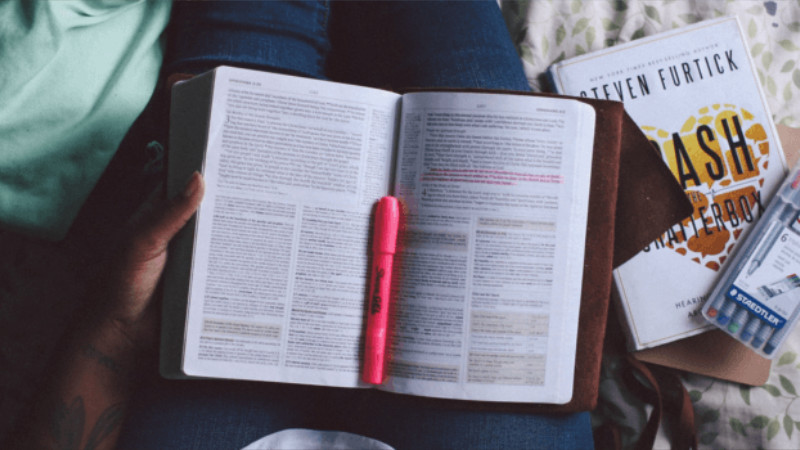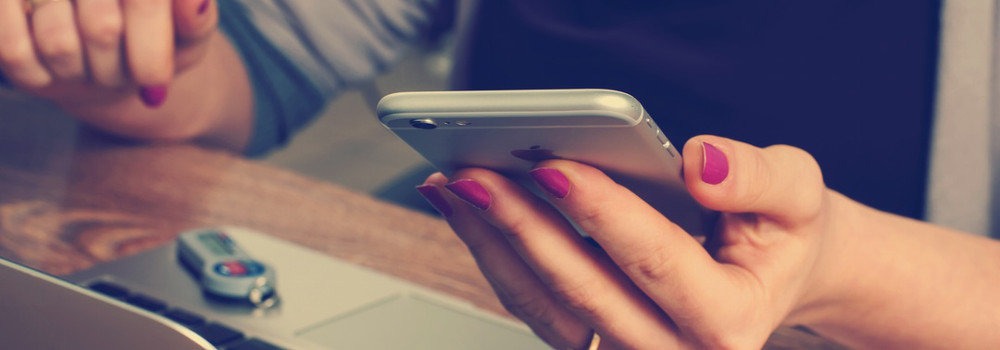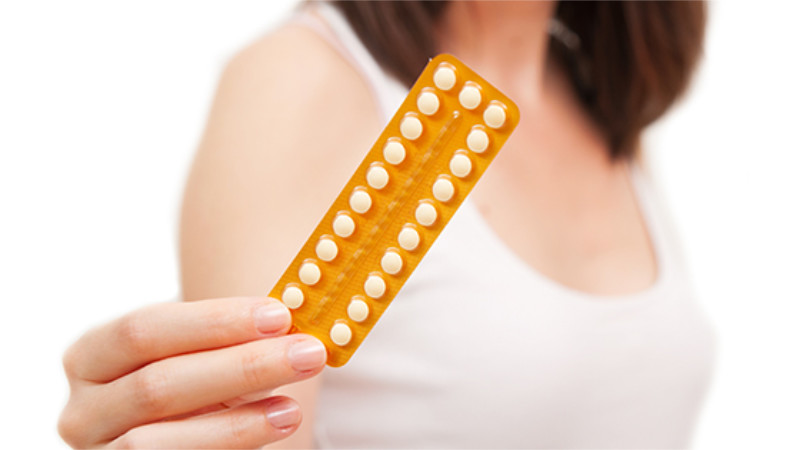Do Birth Control Pills Cause Depression?
The birth control pill has been around for decades. During this time, there have been countless reports from women saying they’ve become depressed after starting on the pill. Do birth control pills cause depression?
Depression in this case does not mean a passing sadness
Several studies have been made about the possible connection. It is important to note that depression in this case does not mean a passing sadness, but a long-term mood disorder with persistent anxiety, irritability, fatigue and other symptoms.
In other words, serious stuff. Something that you would make you consider twice about going on birth control or not.
Studies were not made with the highest of scientific standards
These studies never found a definitive association but anectodal evidence has been persistent. A recent review of this body of work has however revealed that many, if not all, of the studies were not made with the highest of scientific standards.
This means we can not say that there is no connection between the depression and the pills. That’s the confusing way to say: We can’t be sure.
Indeed, there is an increased risk of depression
Then in 2016 a high-quality study was published. It covered over a million Danish women between the ages of 15-34 and came to the ground-breaking conclusion that indeed, there is an increased risk of depression linked to hormonal contraception. This didn’t just mean pills, but all kinds of methods that relied on hormones.
The results of the study are important and here’s what you should know about them:
- Elevated risk for developing depression was associated with all types of hormonal contraception, incl. IUD.
- The risk to develop depression was 7% higher among contraceptives users vs. non-users.
- A higher risk was associated with the progesterone-only treatments, with teens aged 15-19 and especially with non-oral methods.
- Risk peaked after 6 months of contraceptive use.
- The relative risks generally decreased with increasing age.
- IUD has been claimed not to have an effect on the rest of the body. This was proven to be false.
Do Birth Control Pills Cause Depression?
So what does it all mean? Should you give up the pill or not even start?
While the connection between hormonal contraception and higher risk of depression has now been proven for the first time, it does not mean all hormonal contraceptives would be bad. It does not even prove hormonal contraception causes depression – just that there is a connection.
Birth control may even decrease chances of depression
We actually know very little about the mechanisms behind why some women developed depression during the study while others didn’t. In fact, birth control may even decrease chances of depression by improving mood swings, as also many women have reported.
Every medication has side effects and risks, and it is important to understand how big these risks are. In this case the study concluded that 2.2 women on hormonal birth control out of 100 had started to use anti-depressants. The women not on birth control? 1.7 out of 100.
7% higher risk
Anti-depressant use doesn’t mean a clinical diagnosis of depression. To receive an actual diagnosis the odds were 0.3 (users) vs. 0.28 (non-users). For the maths oriented out there, that means a 7% higher risk.
So, do birth control pills cause depression? Several experts have highlighted that there is no need for alarm and that pills can be taken as normal. If you are still experiencing symptoms of depression, do speak with your doctor to get to the bottom of them!




